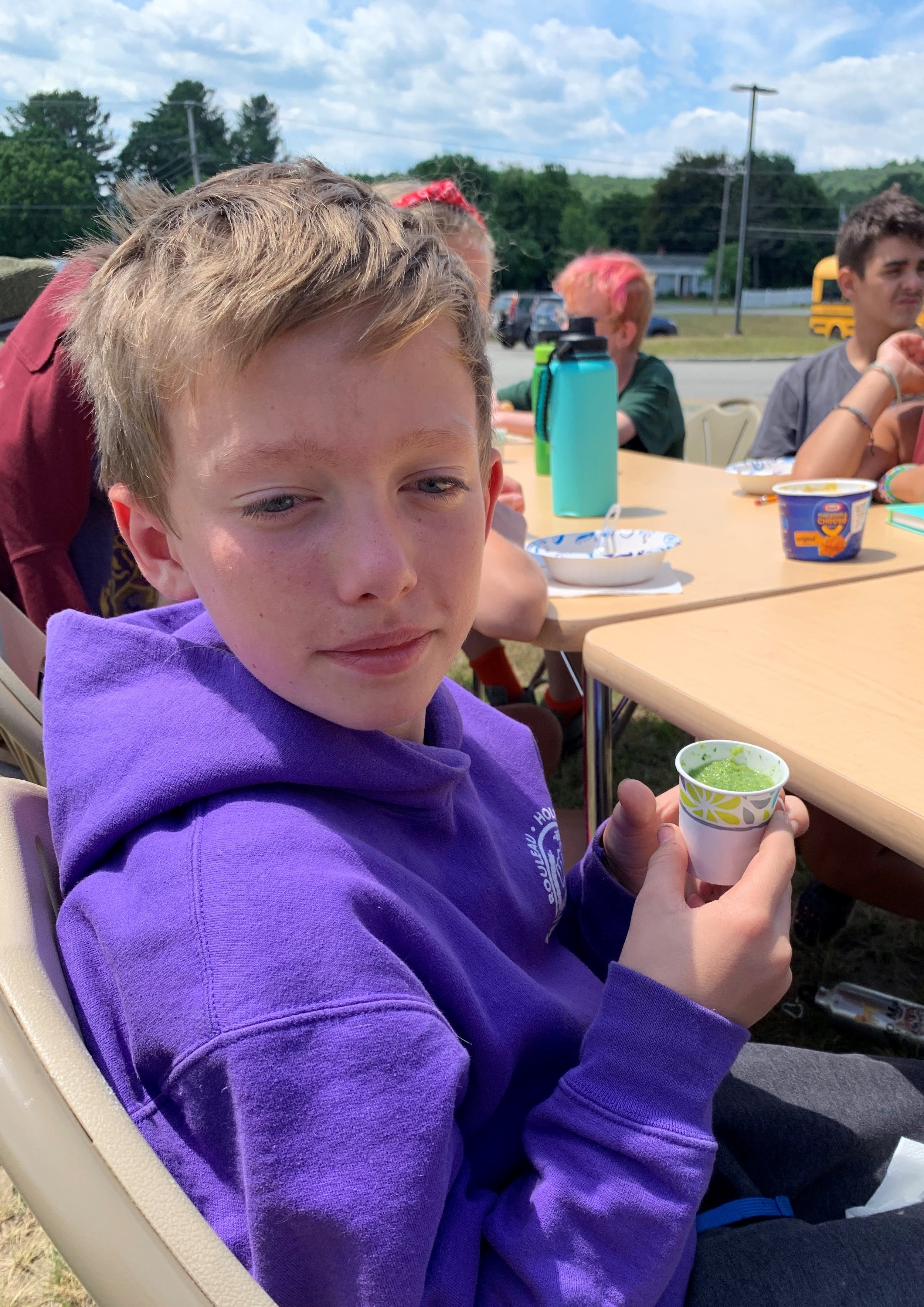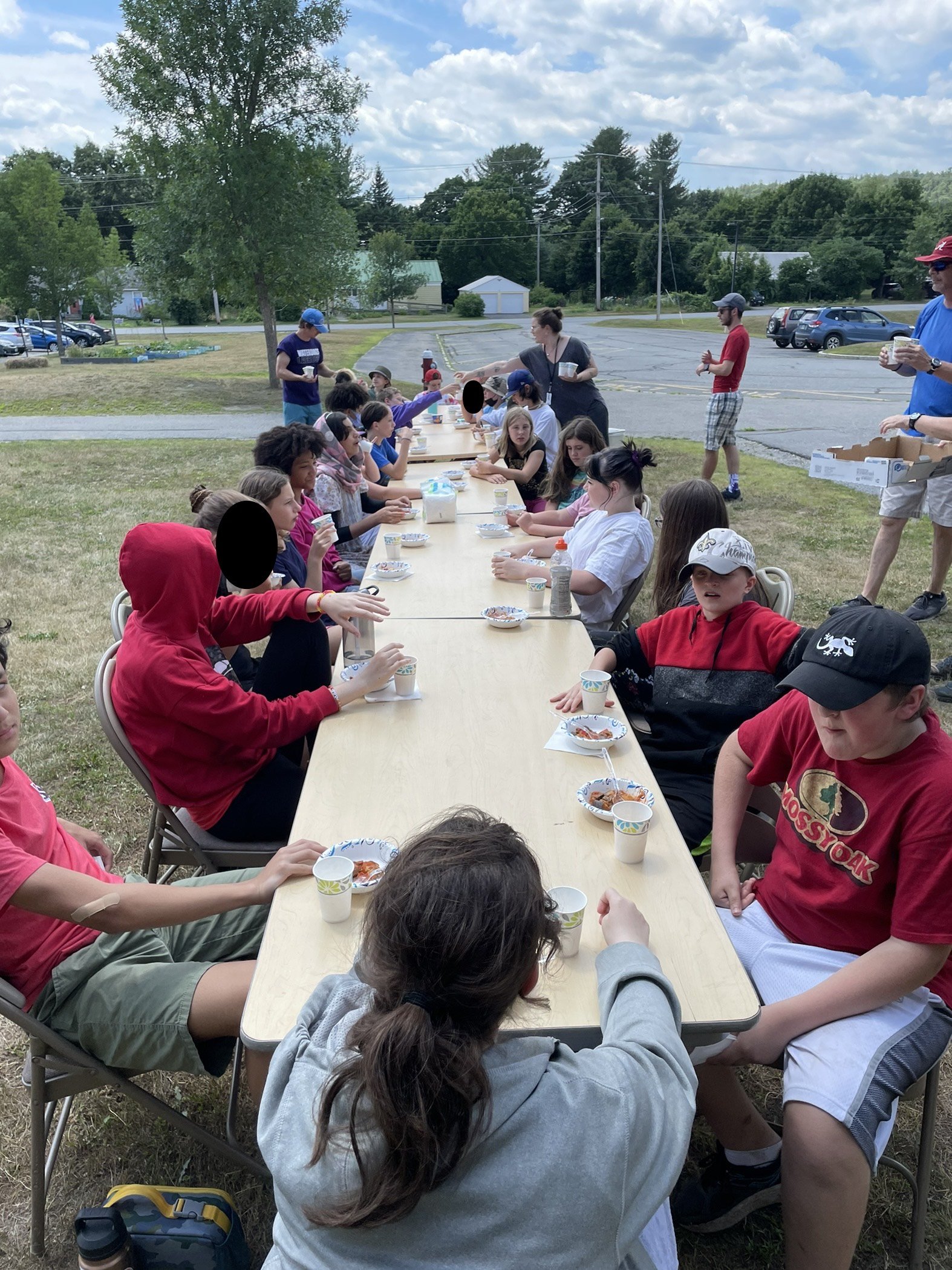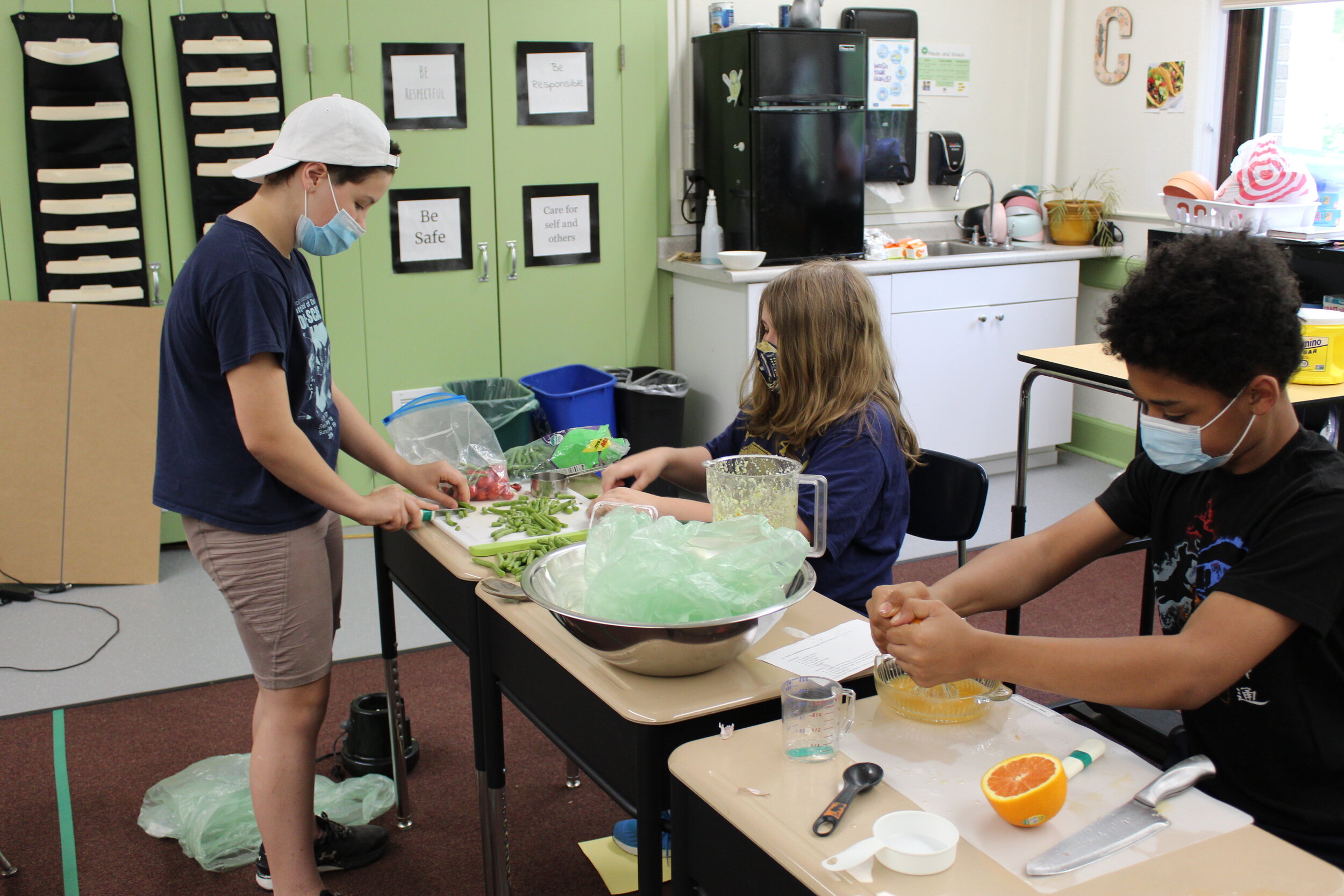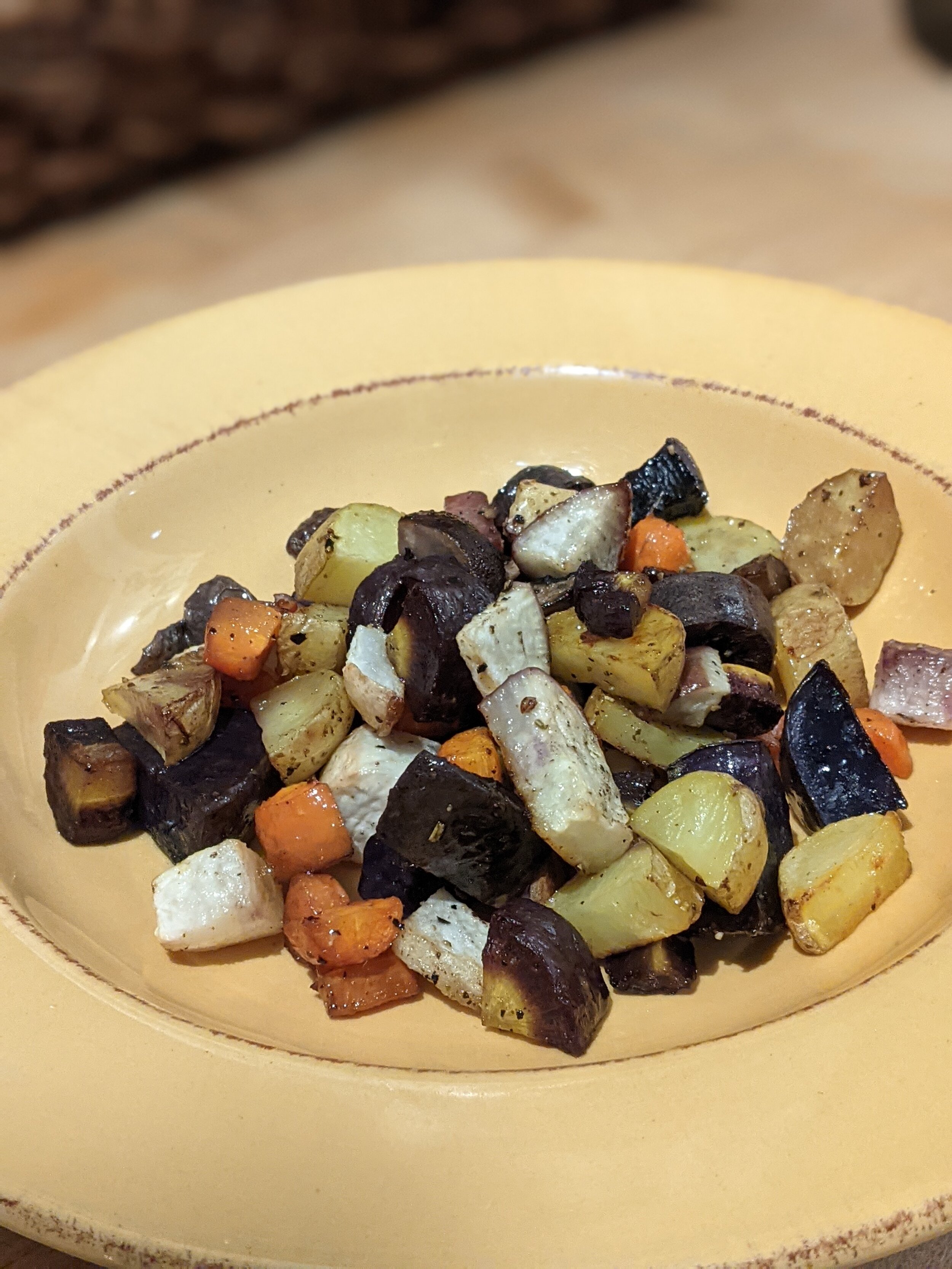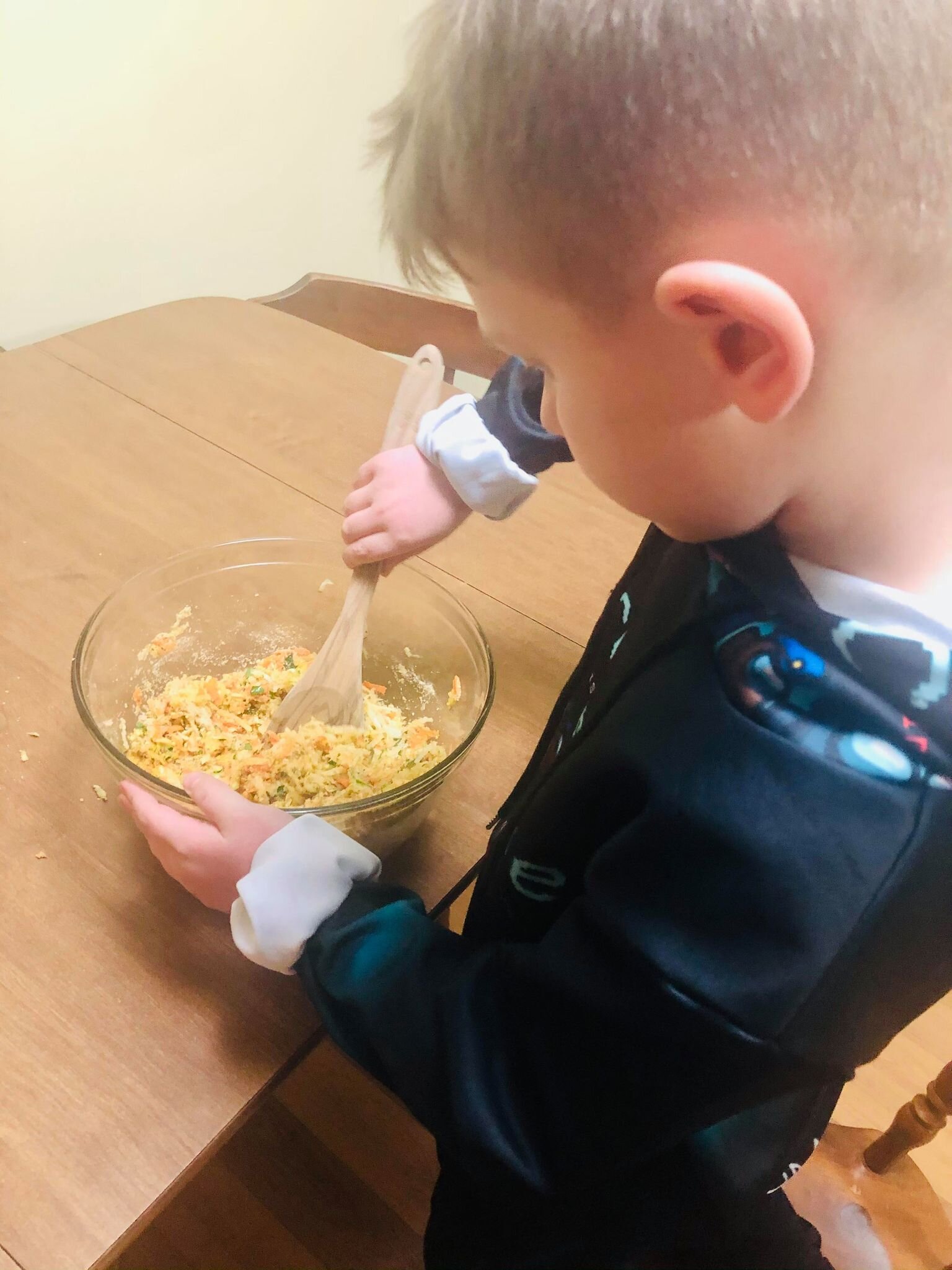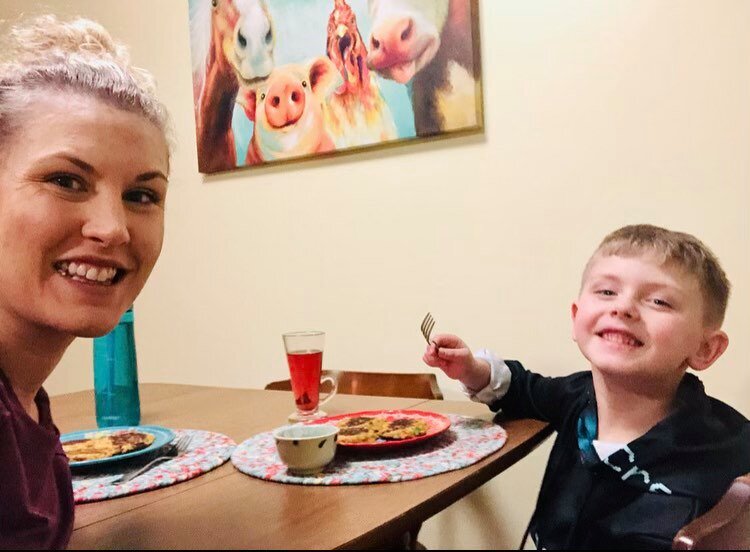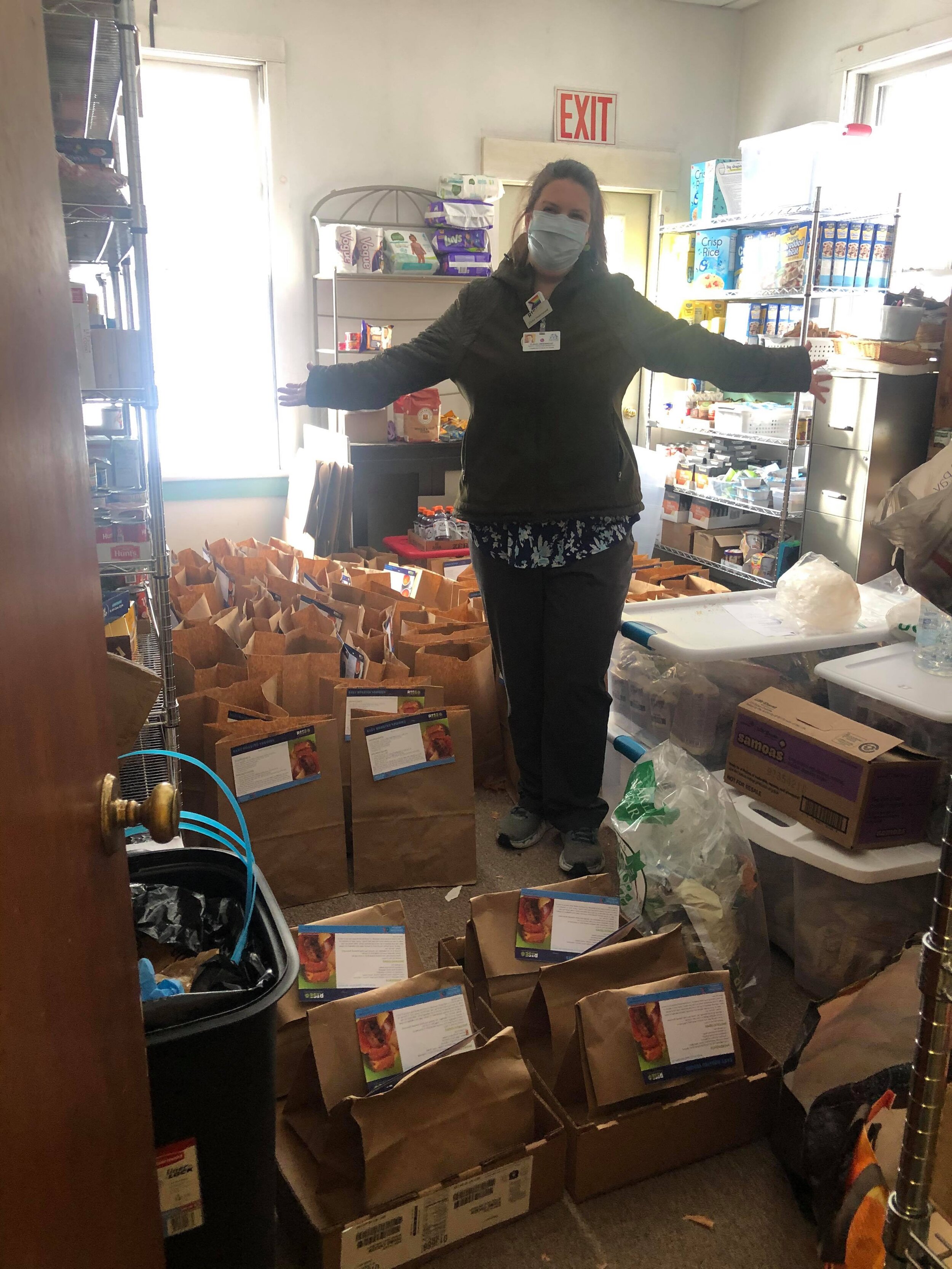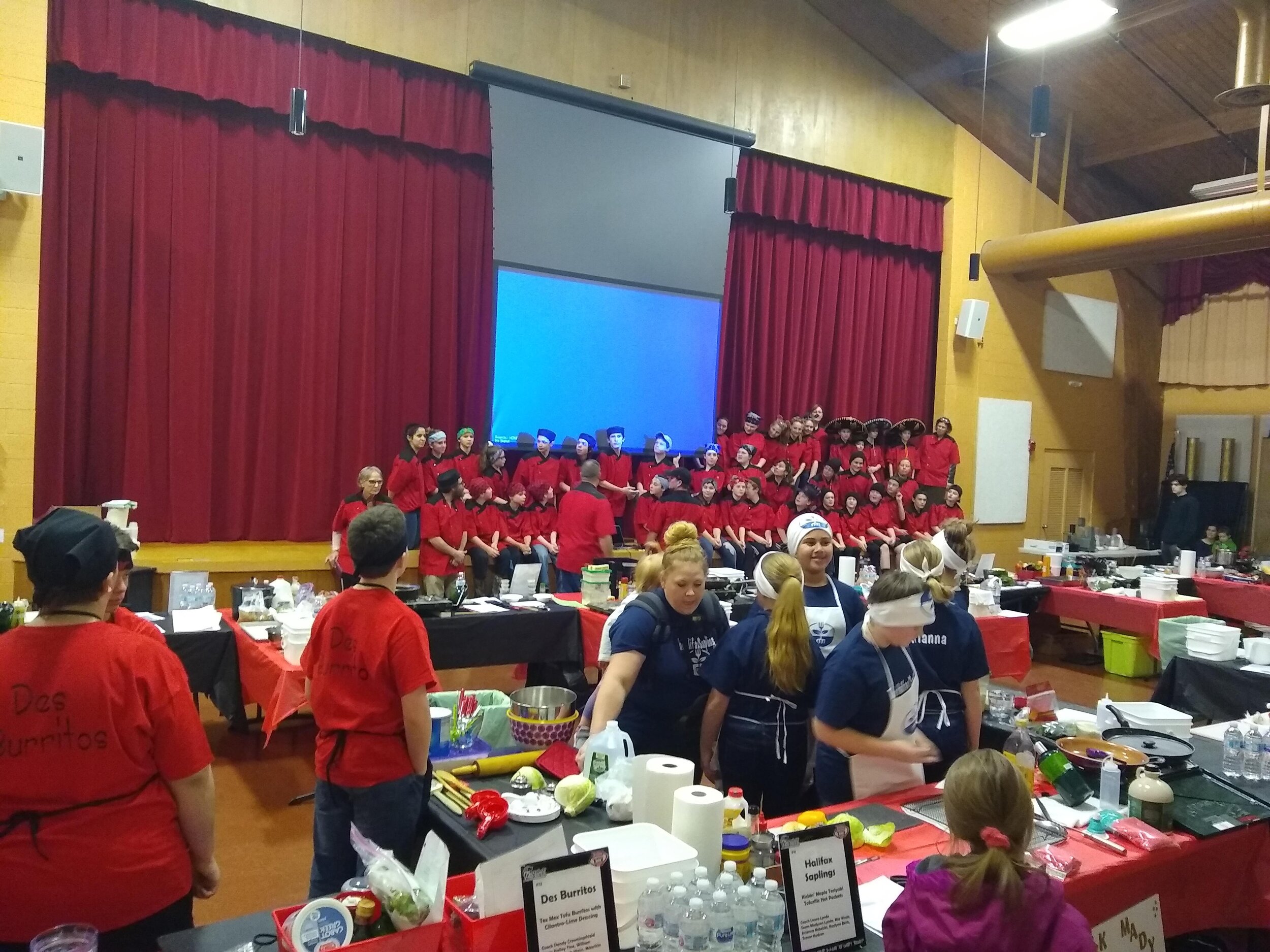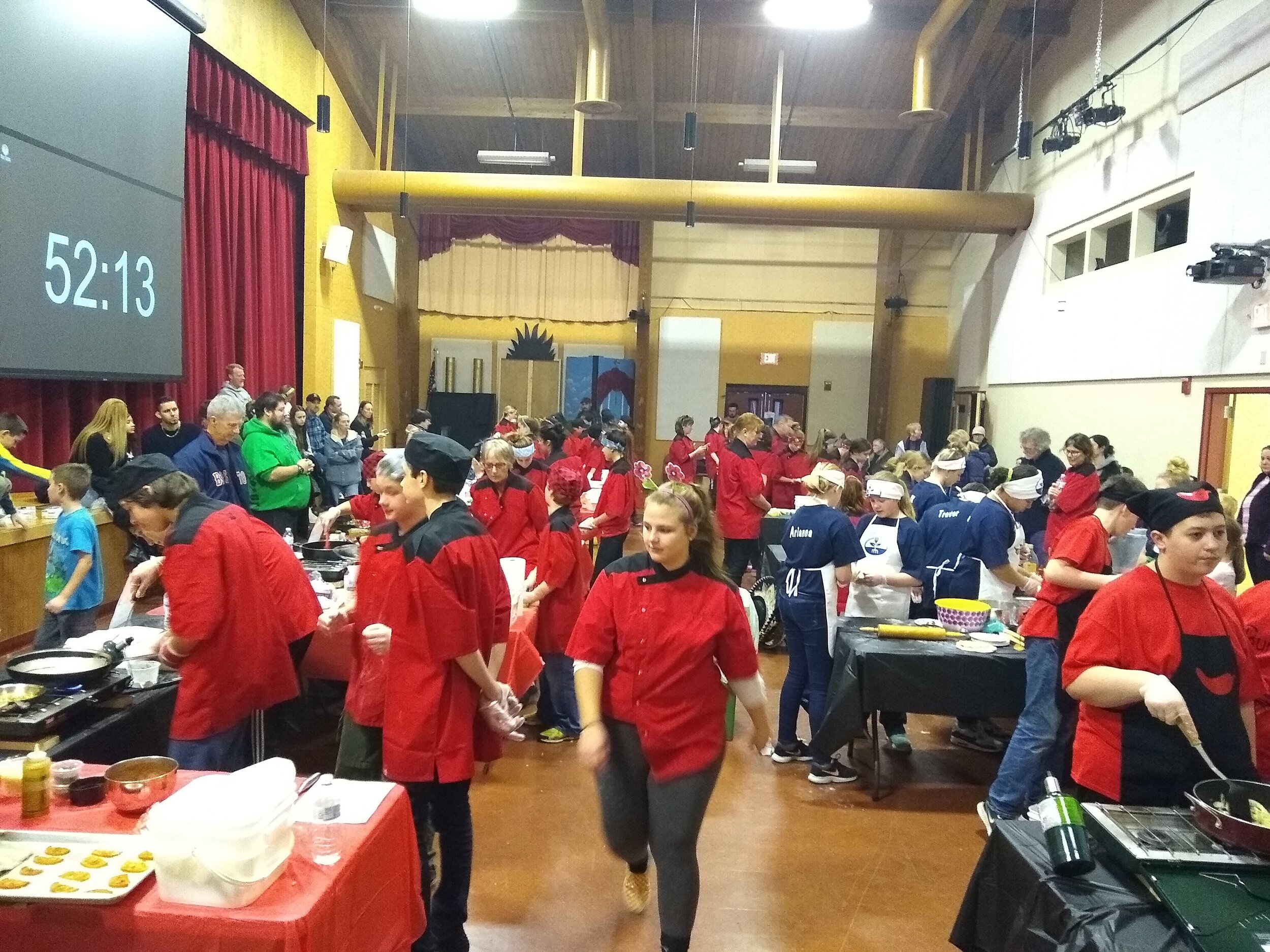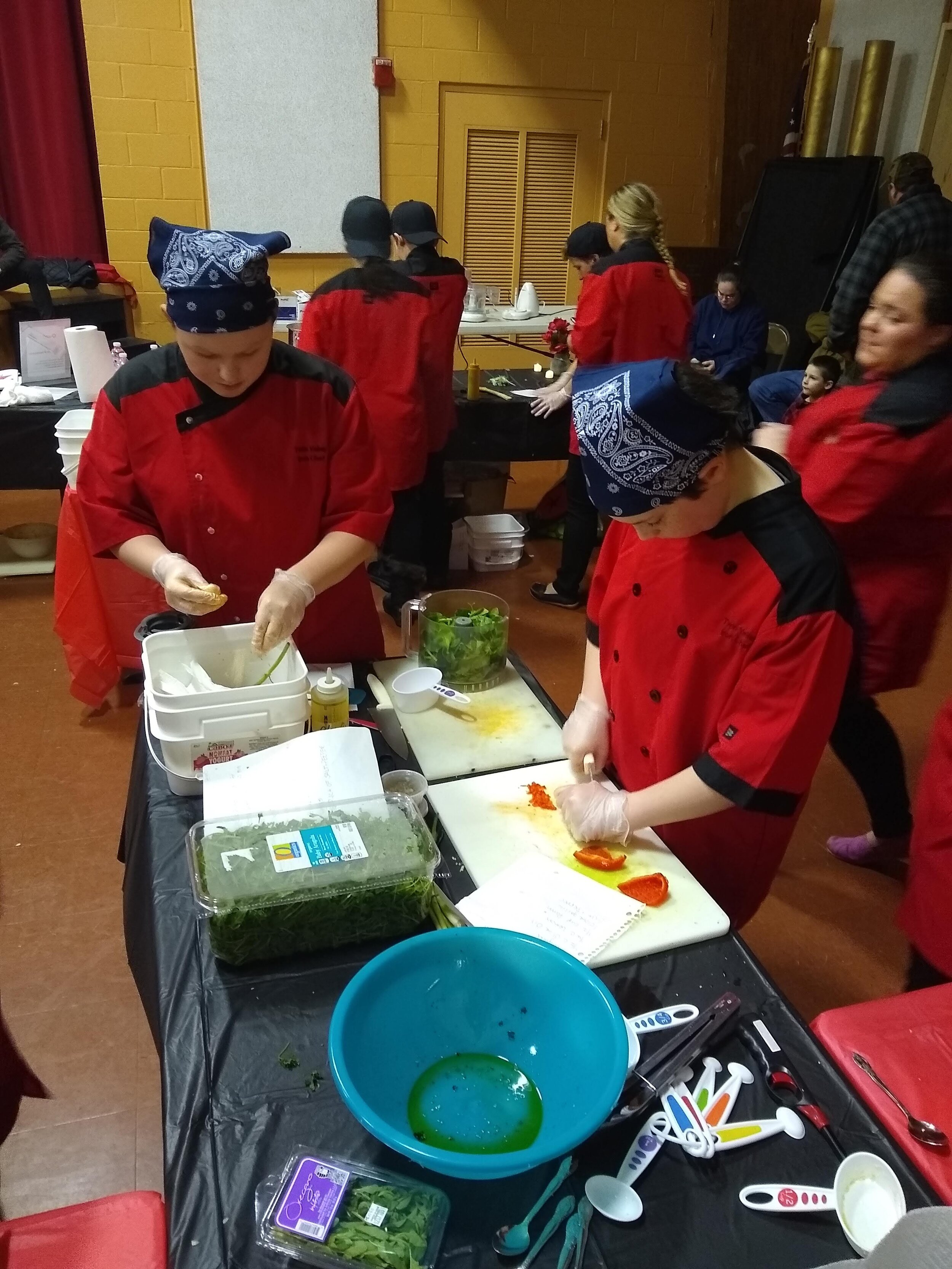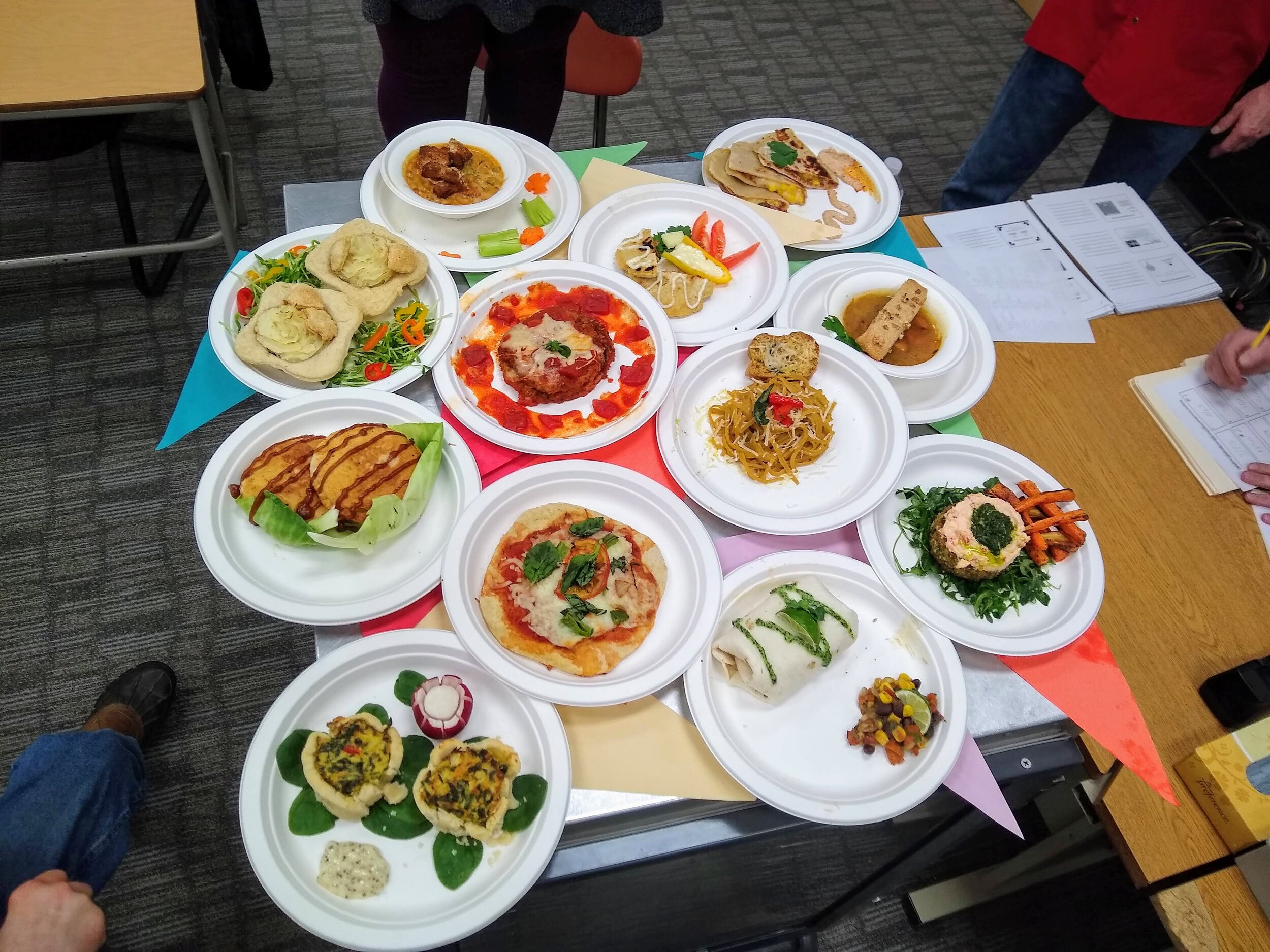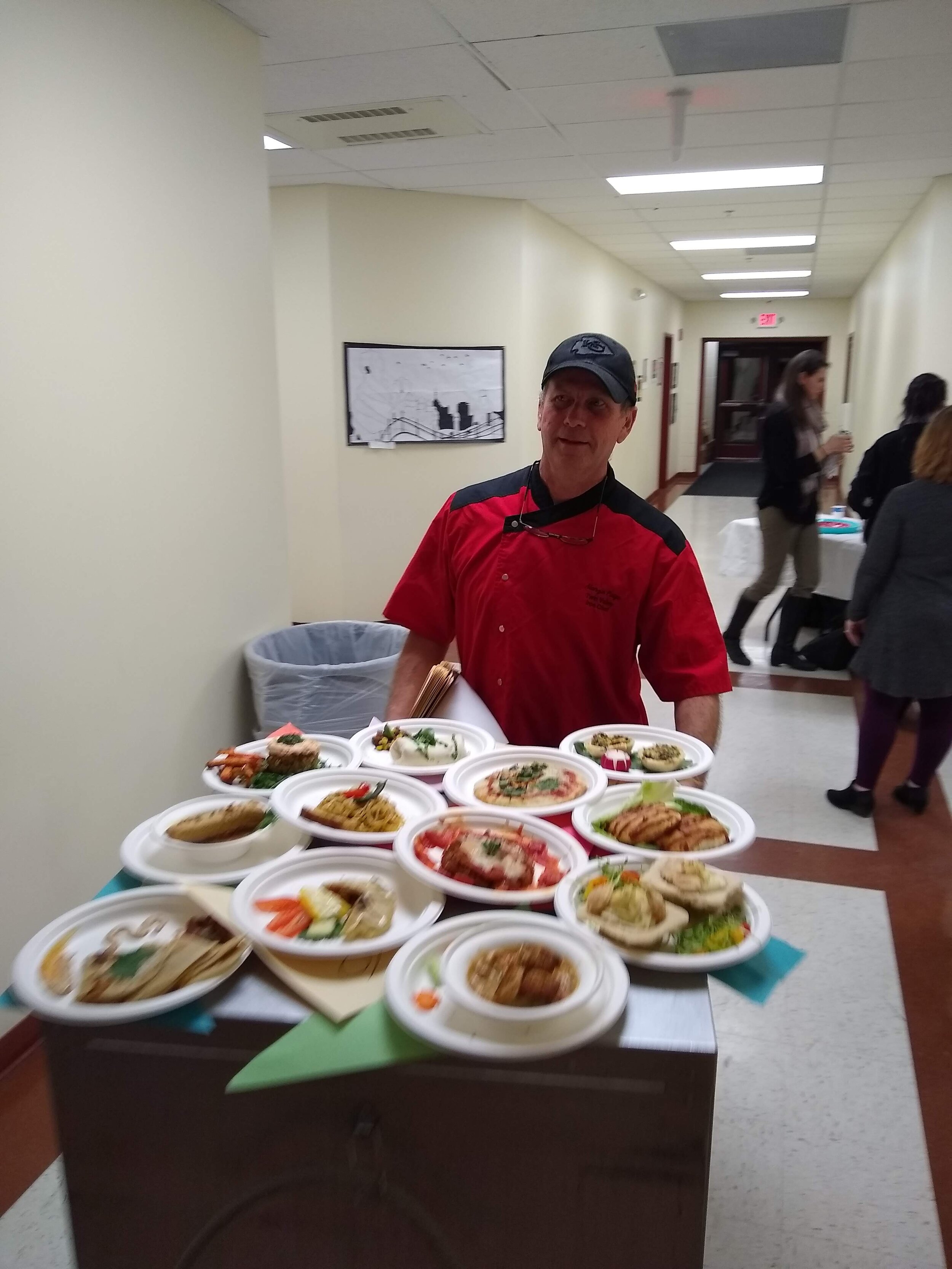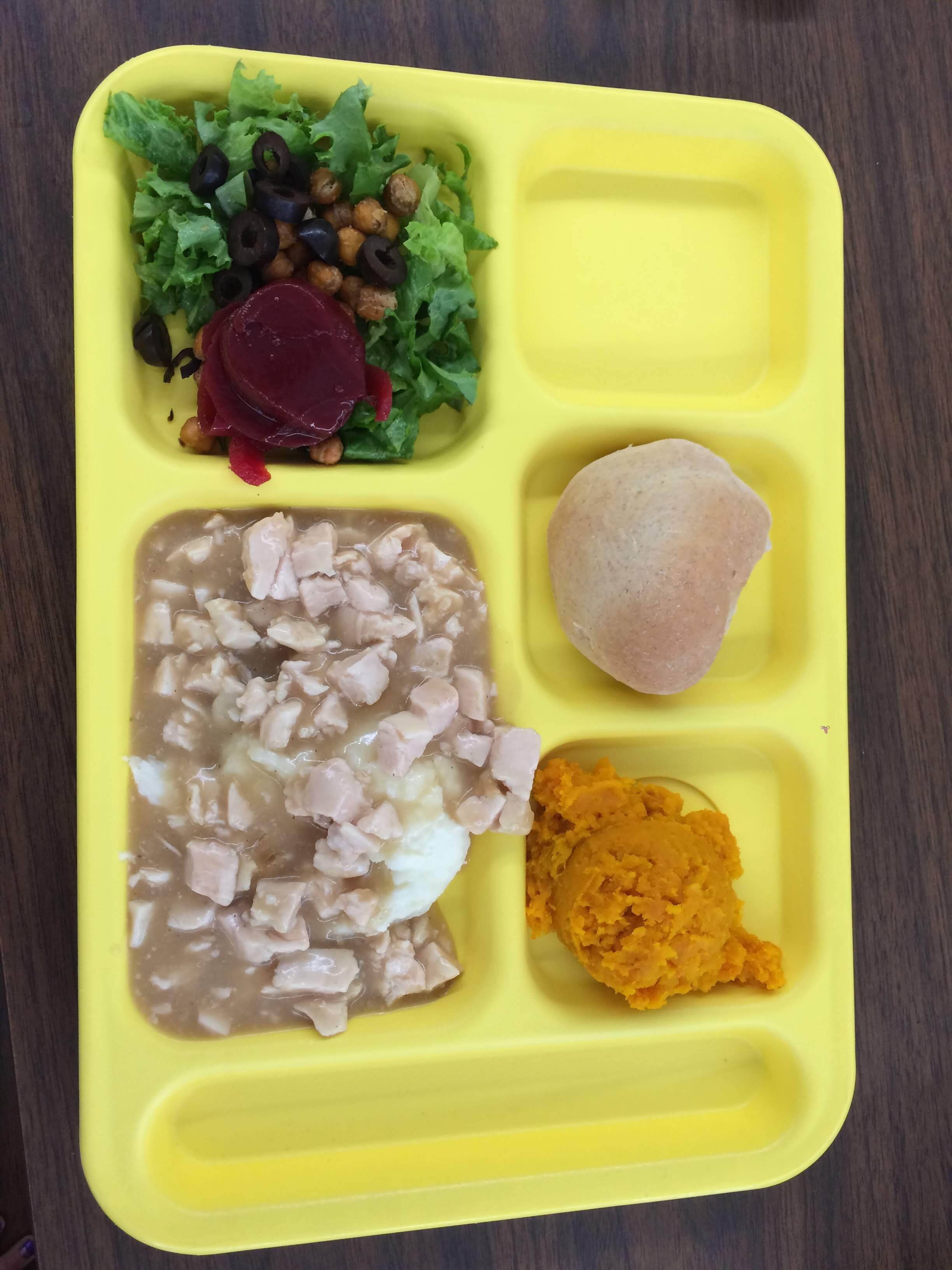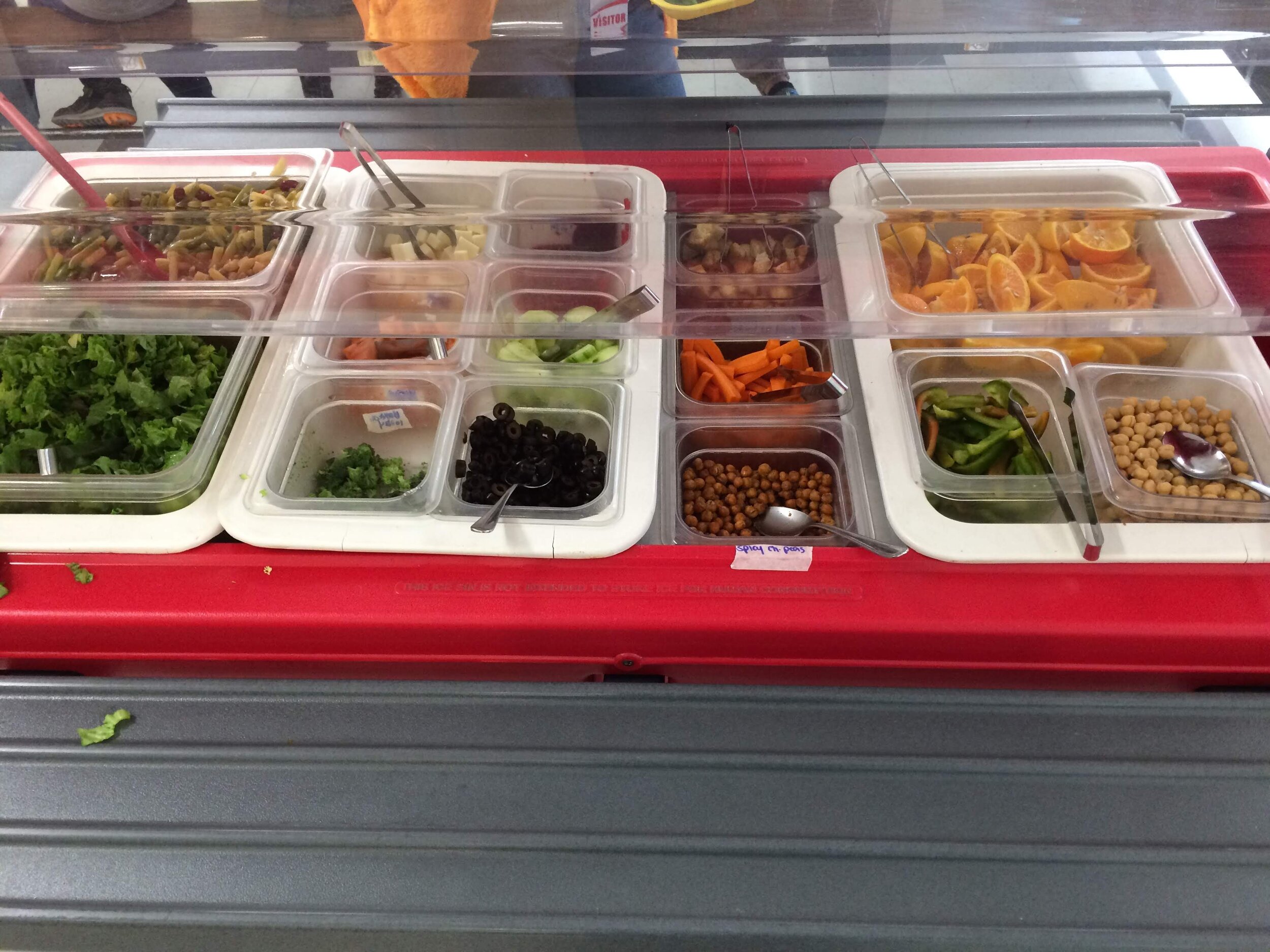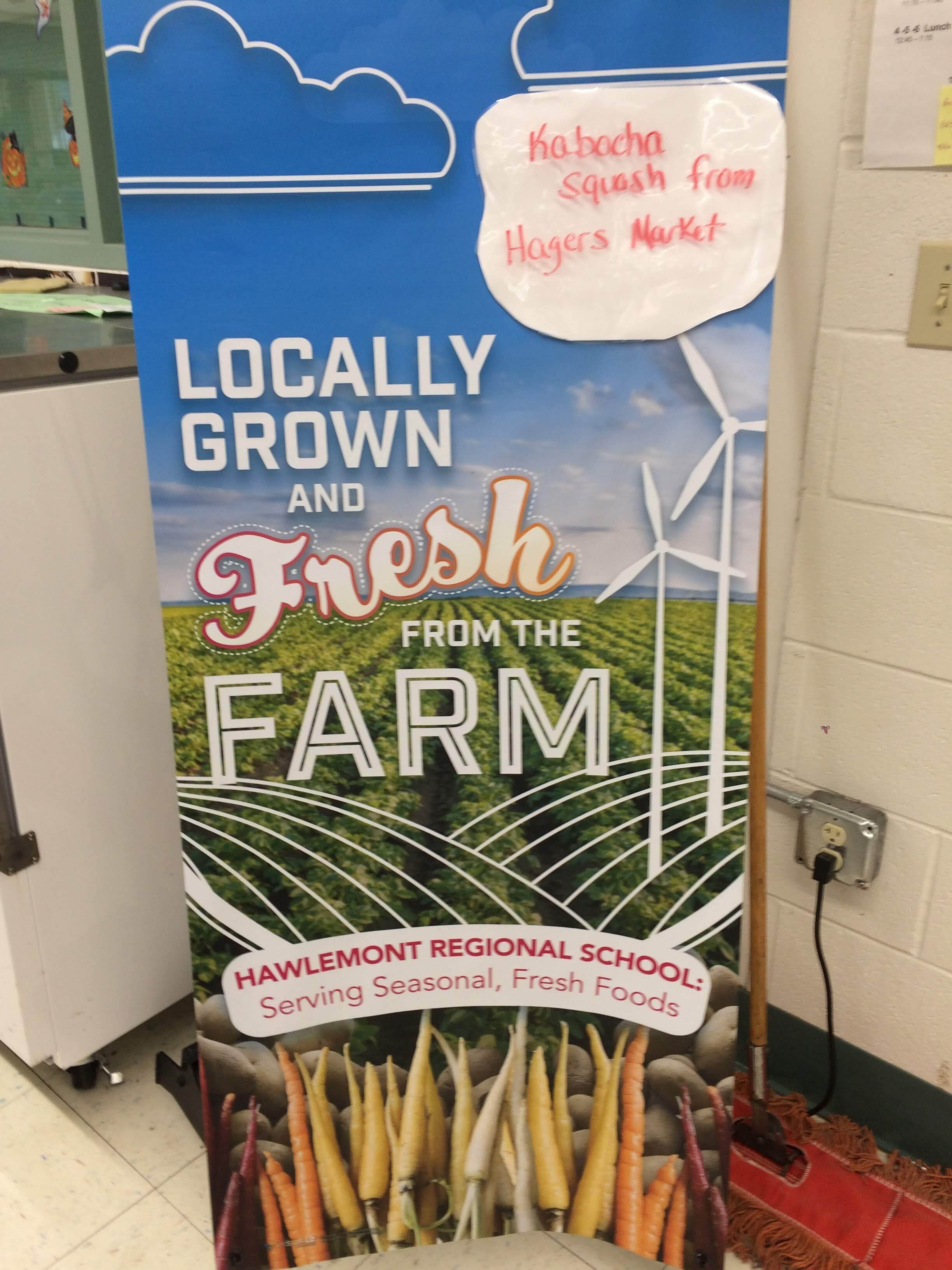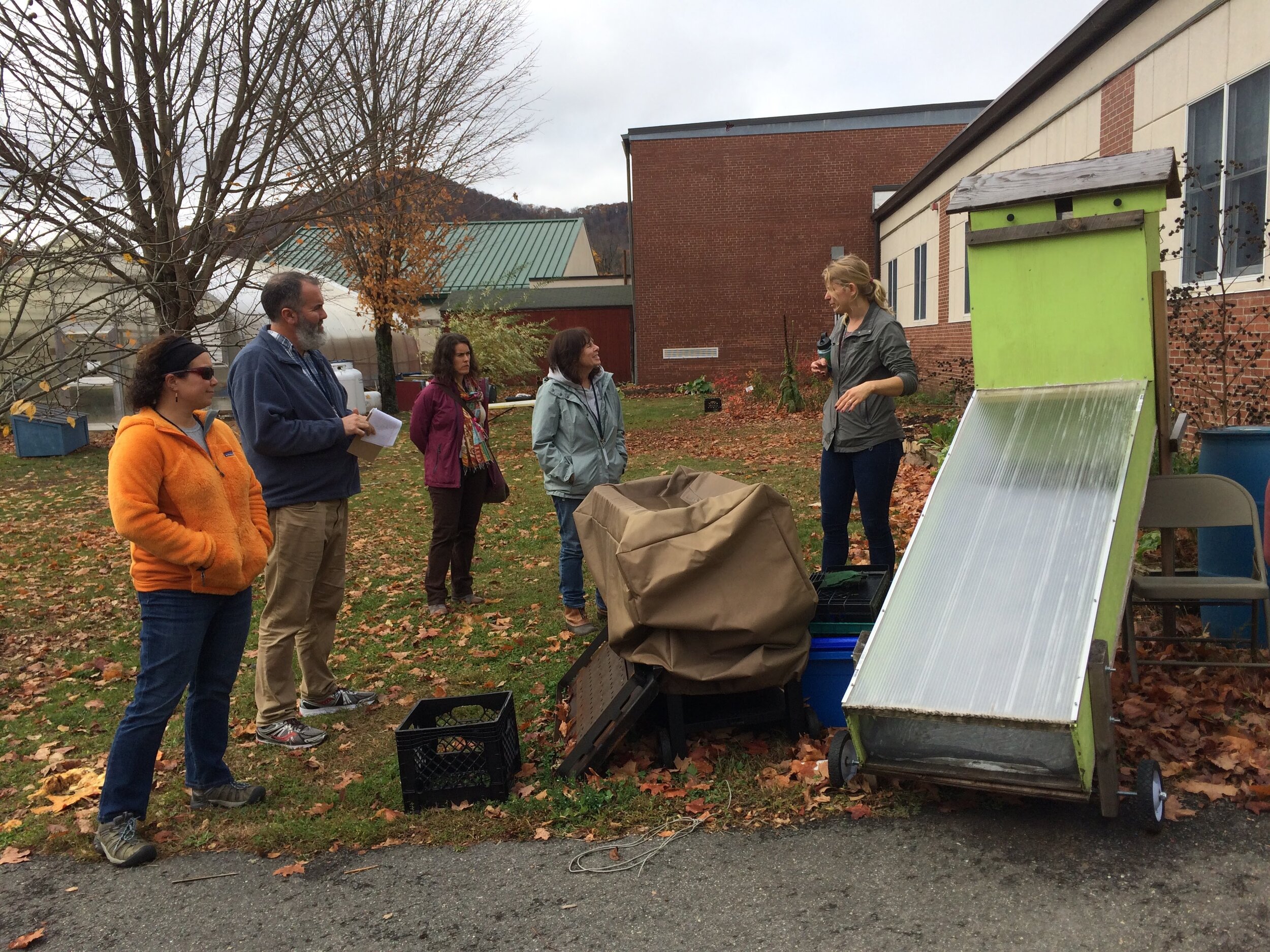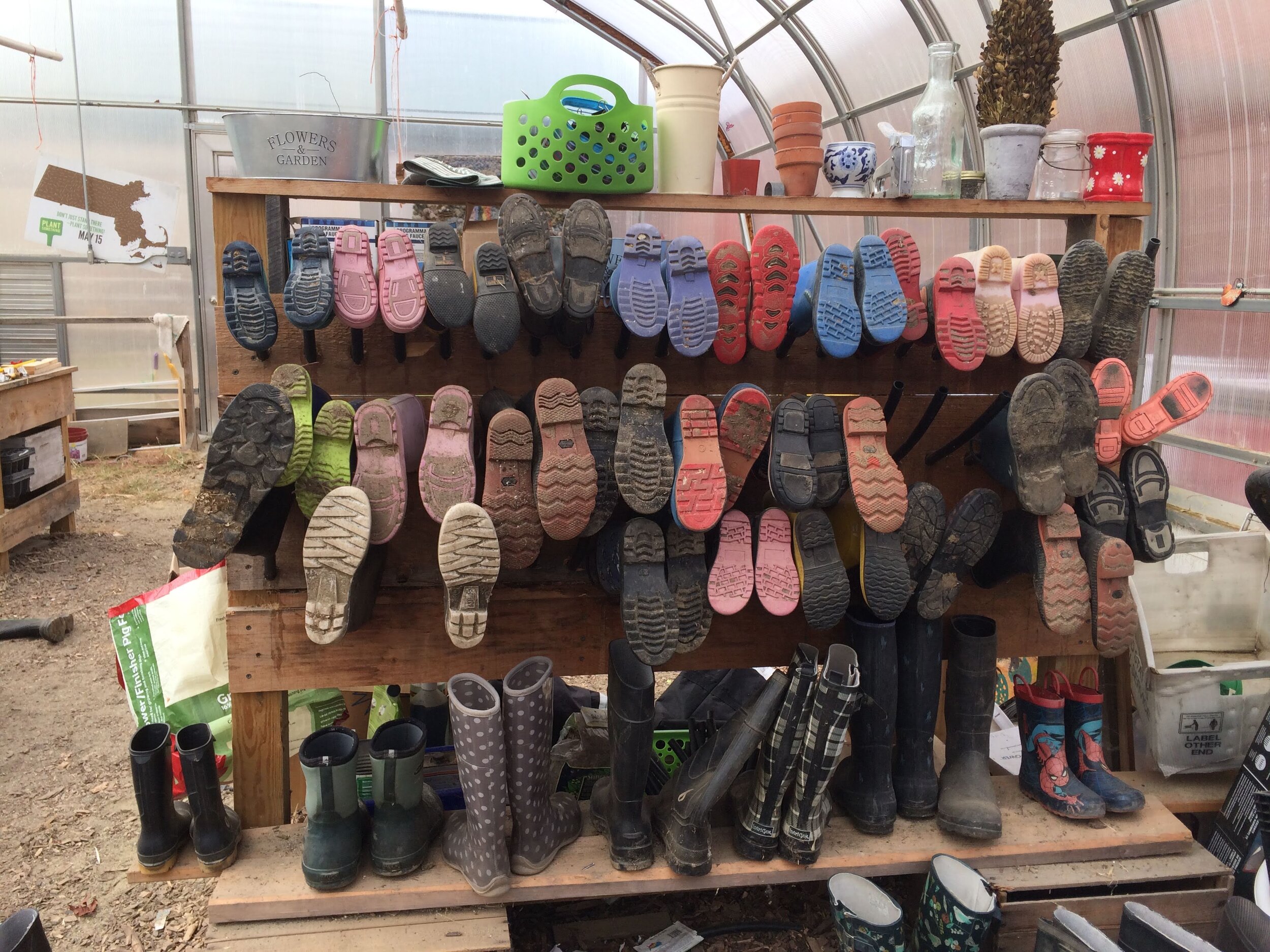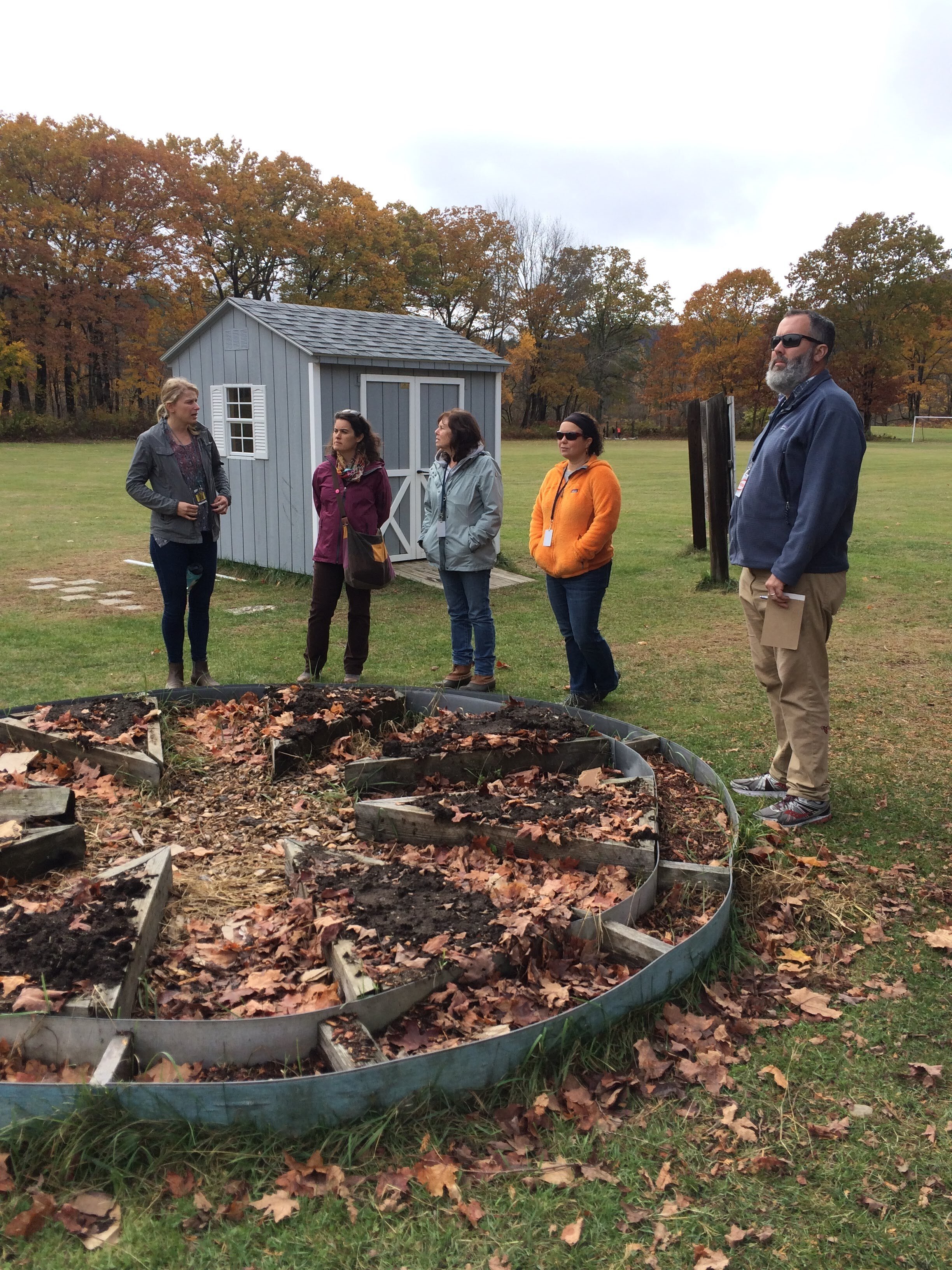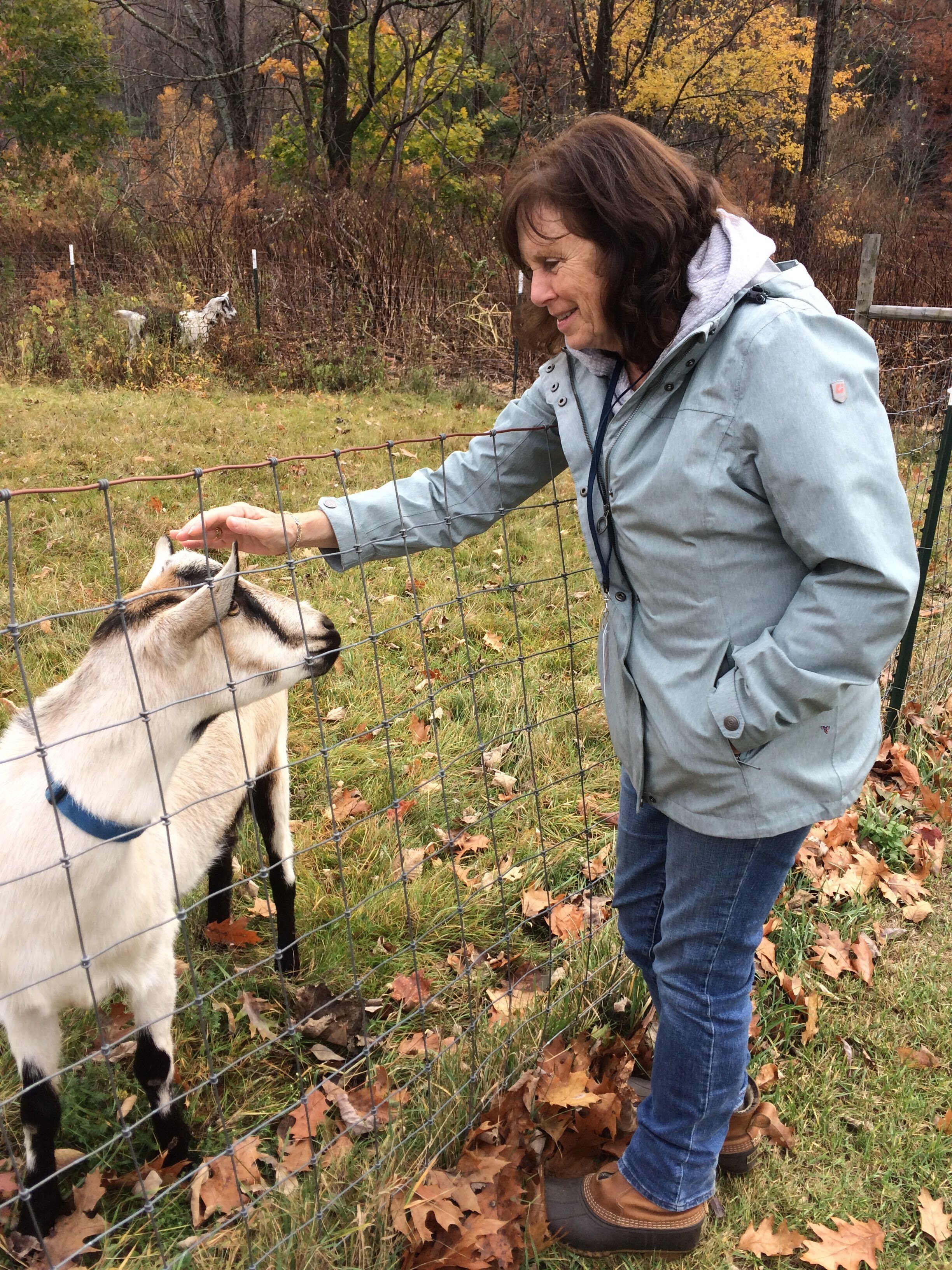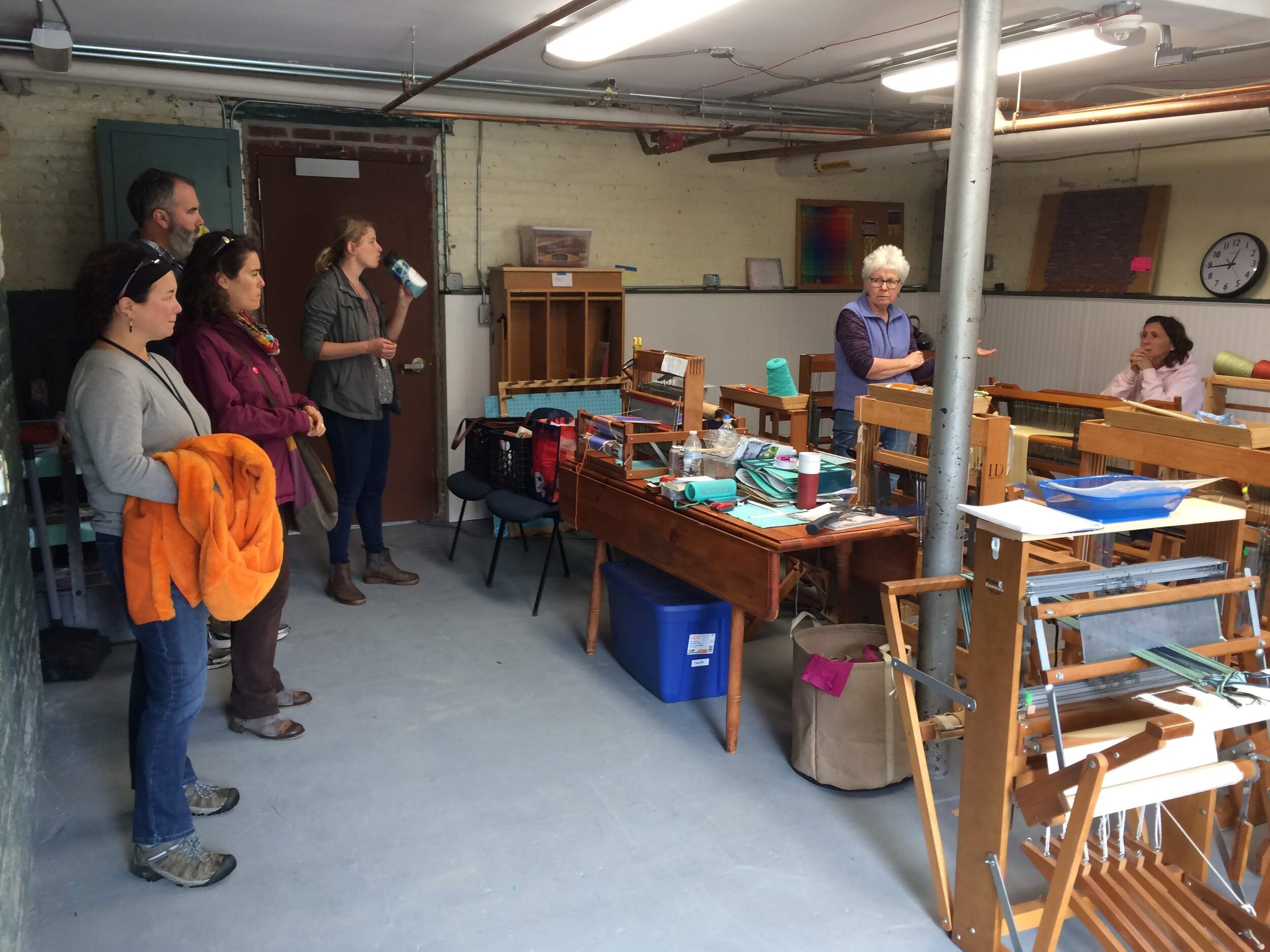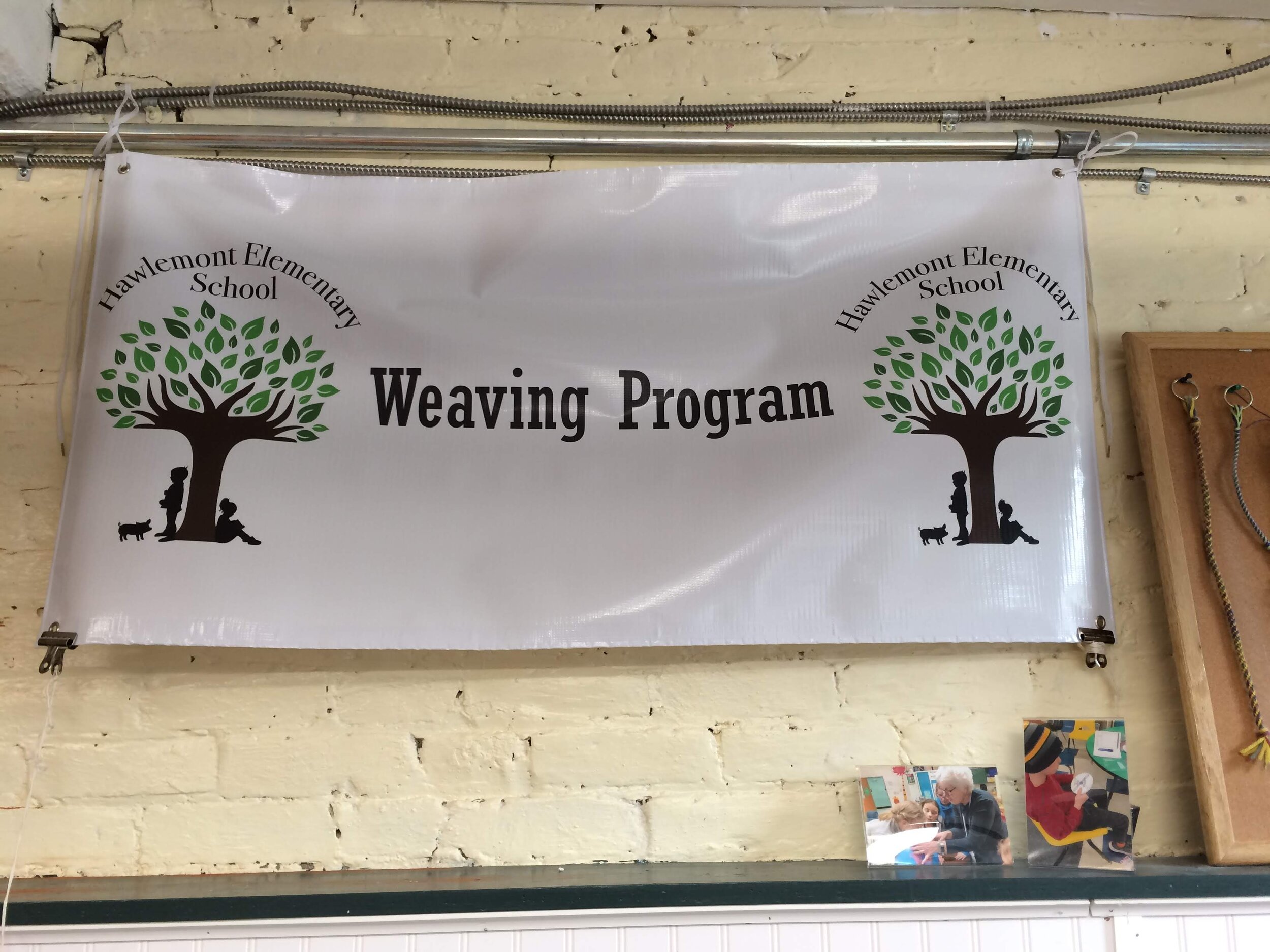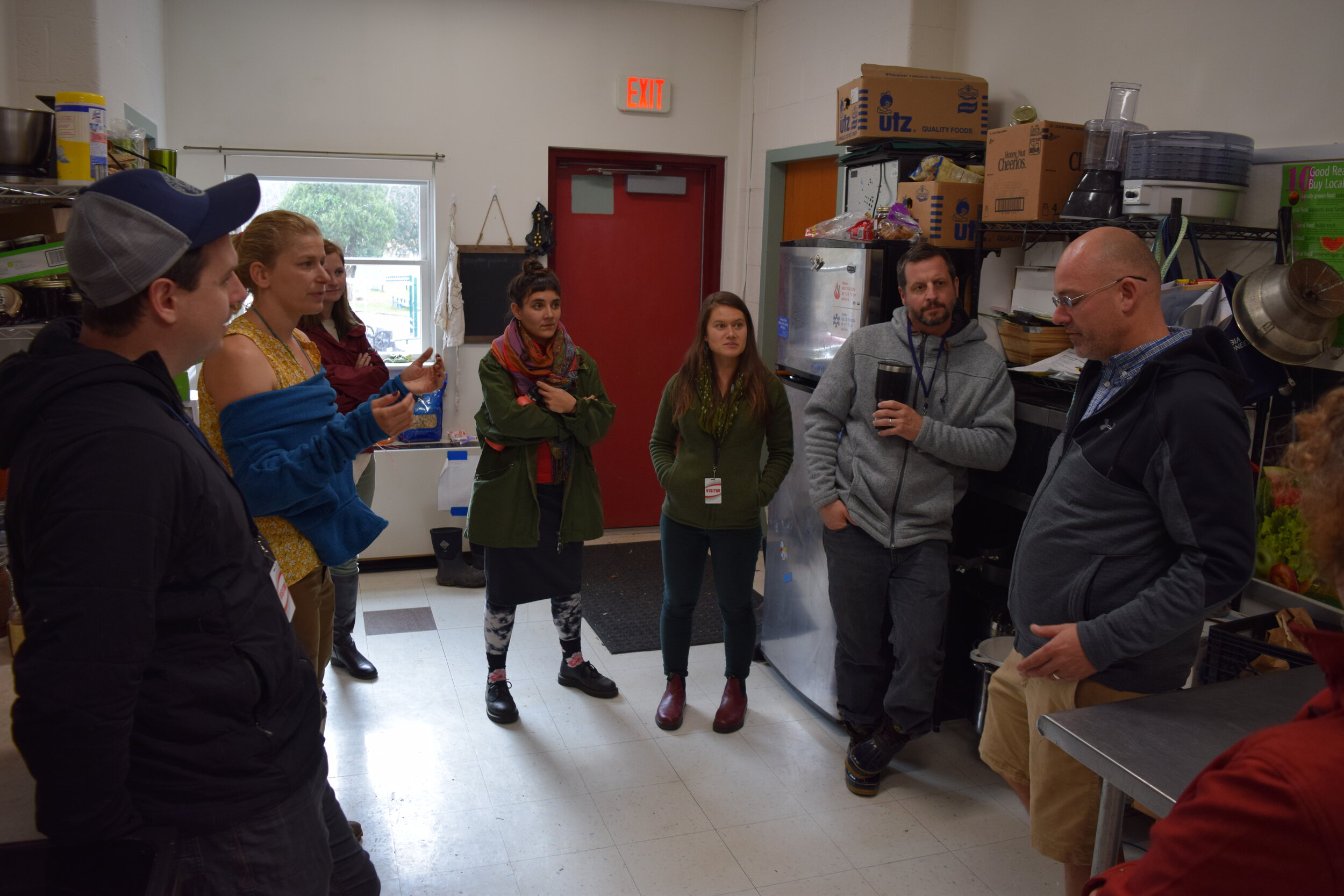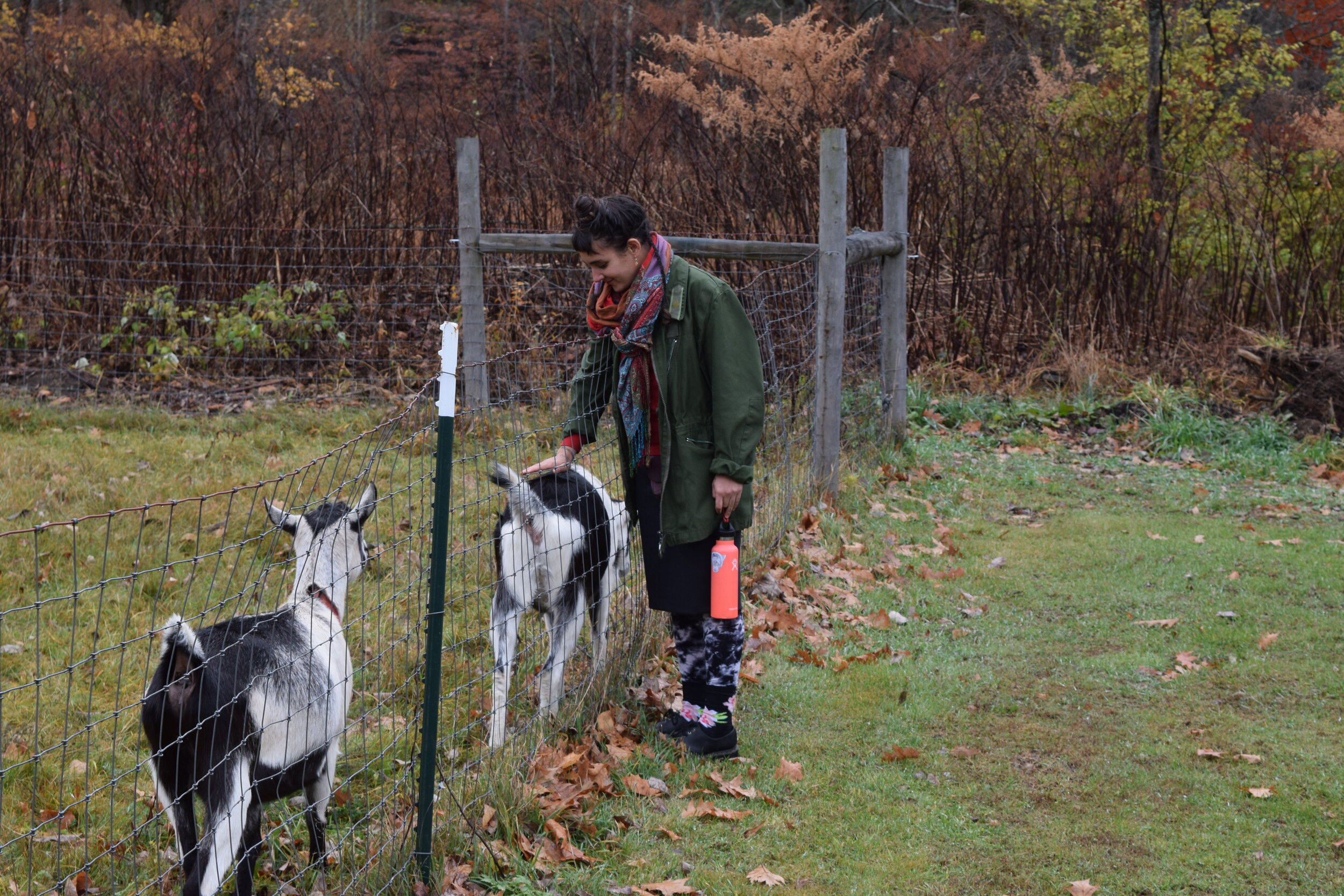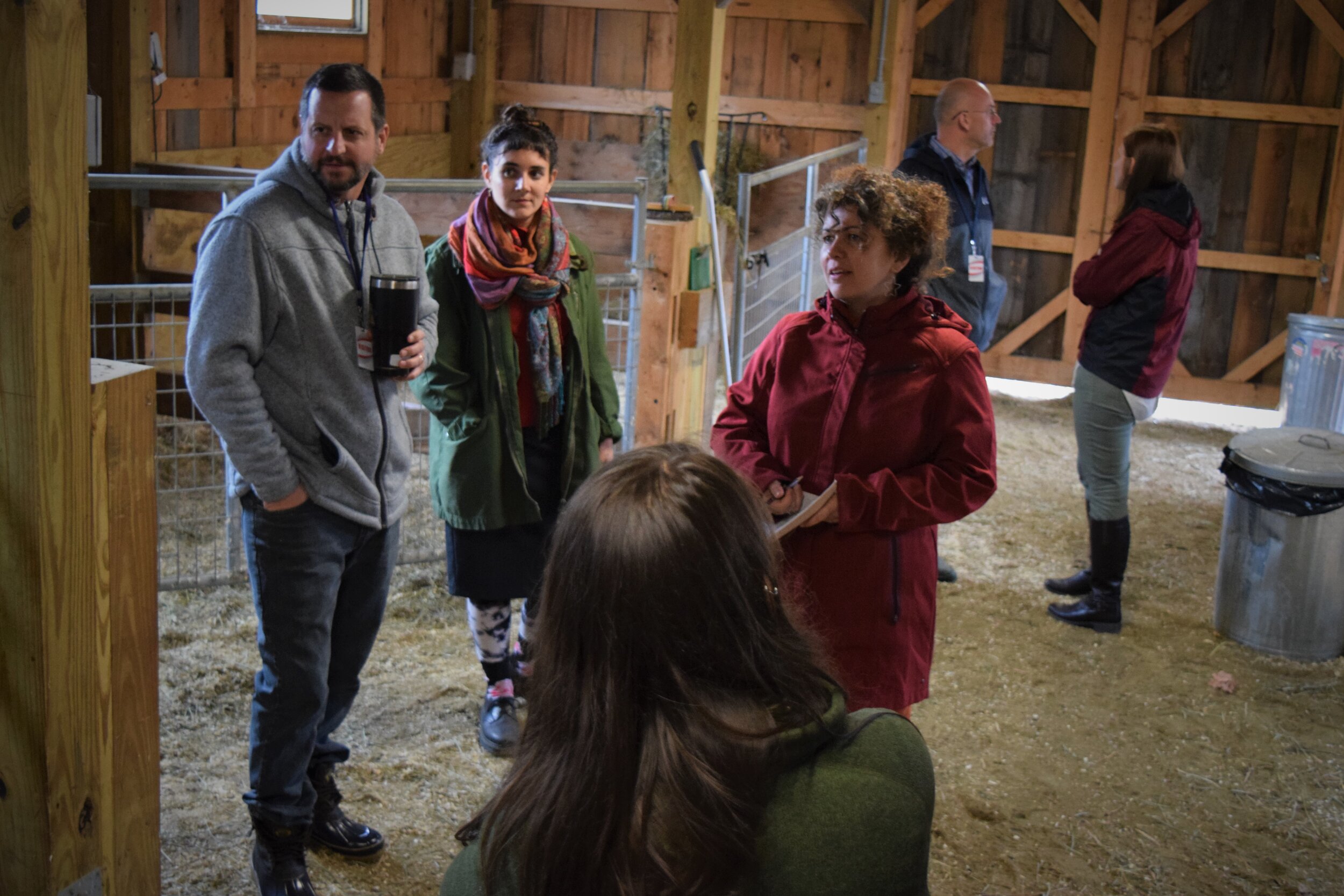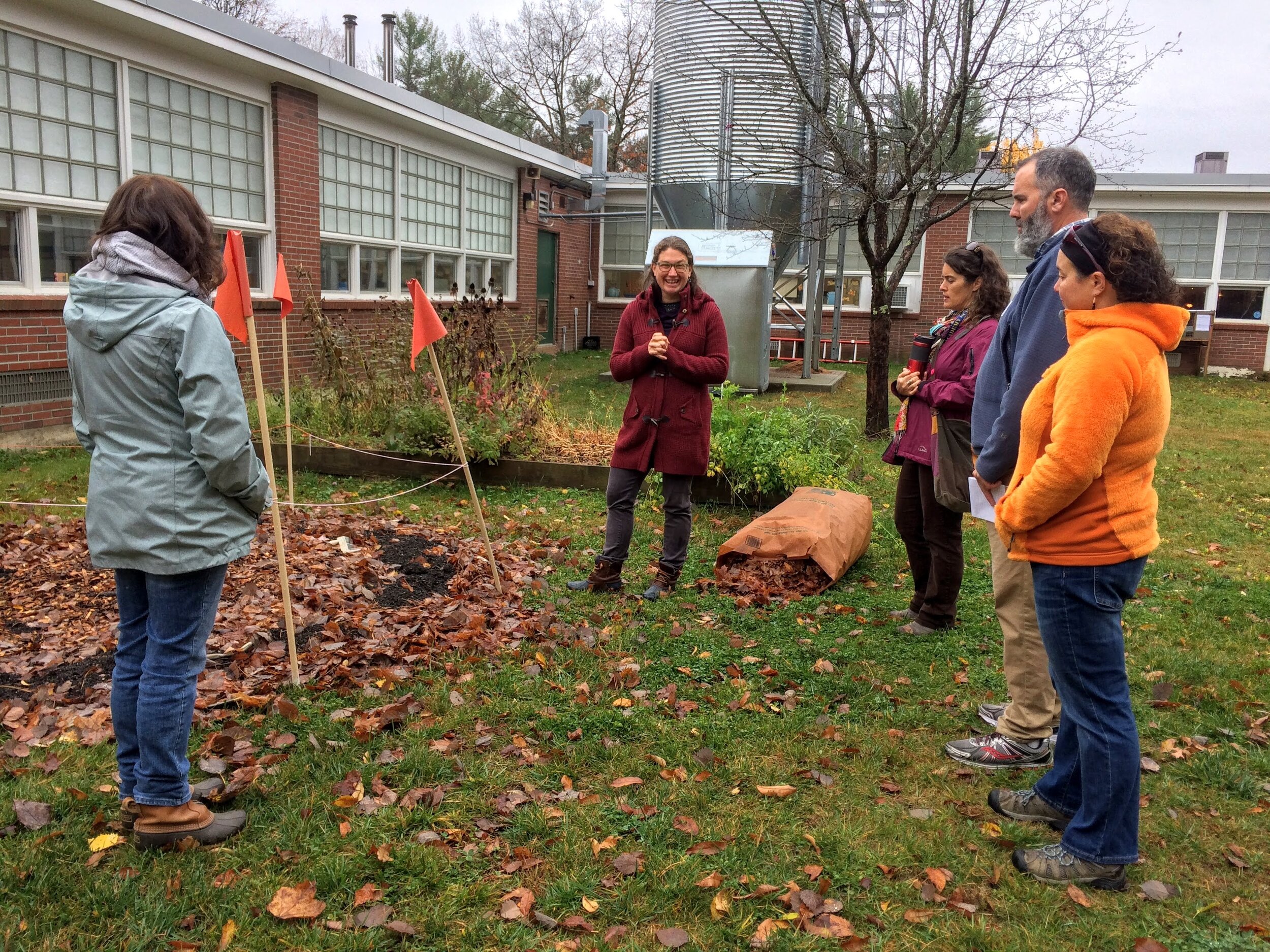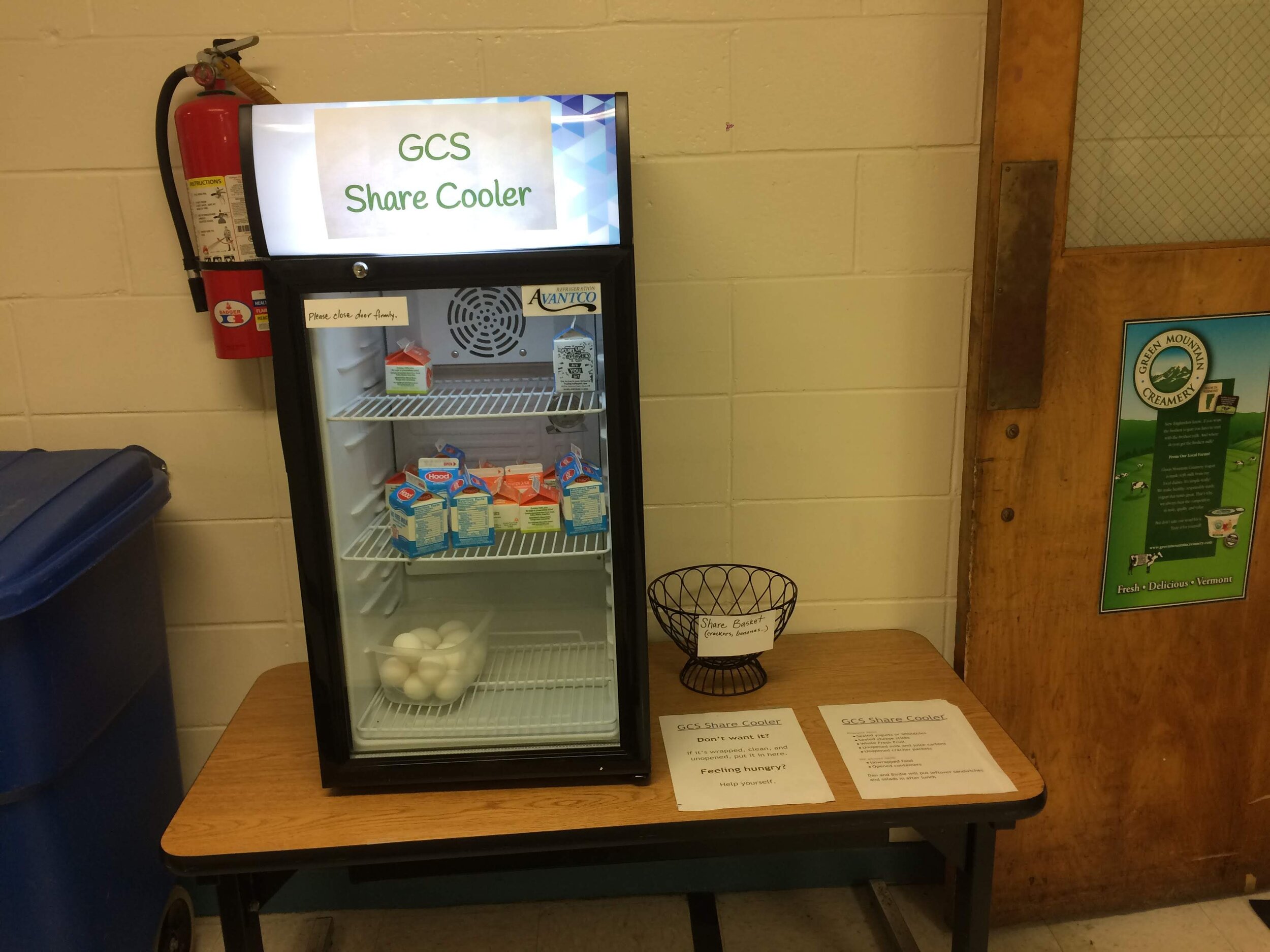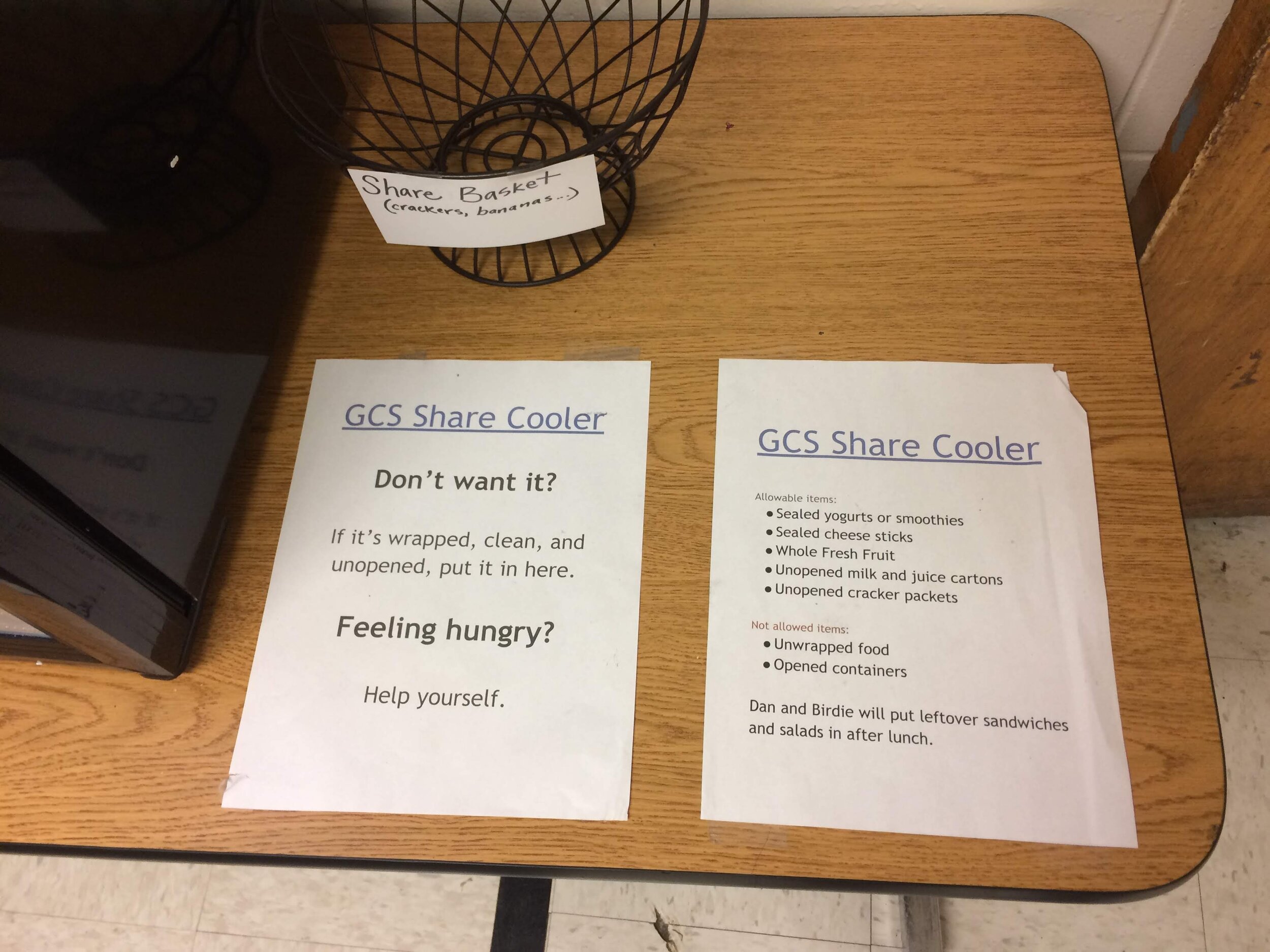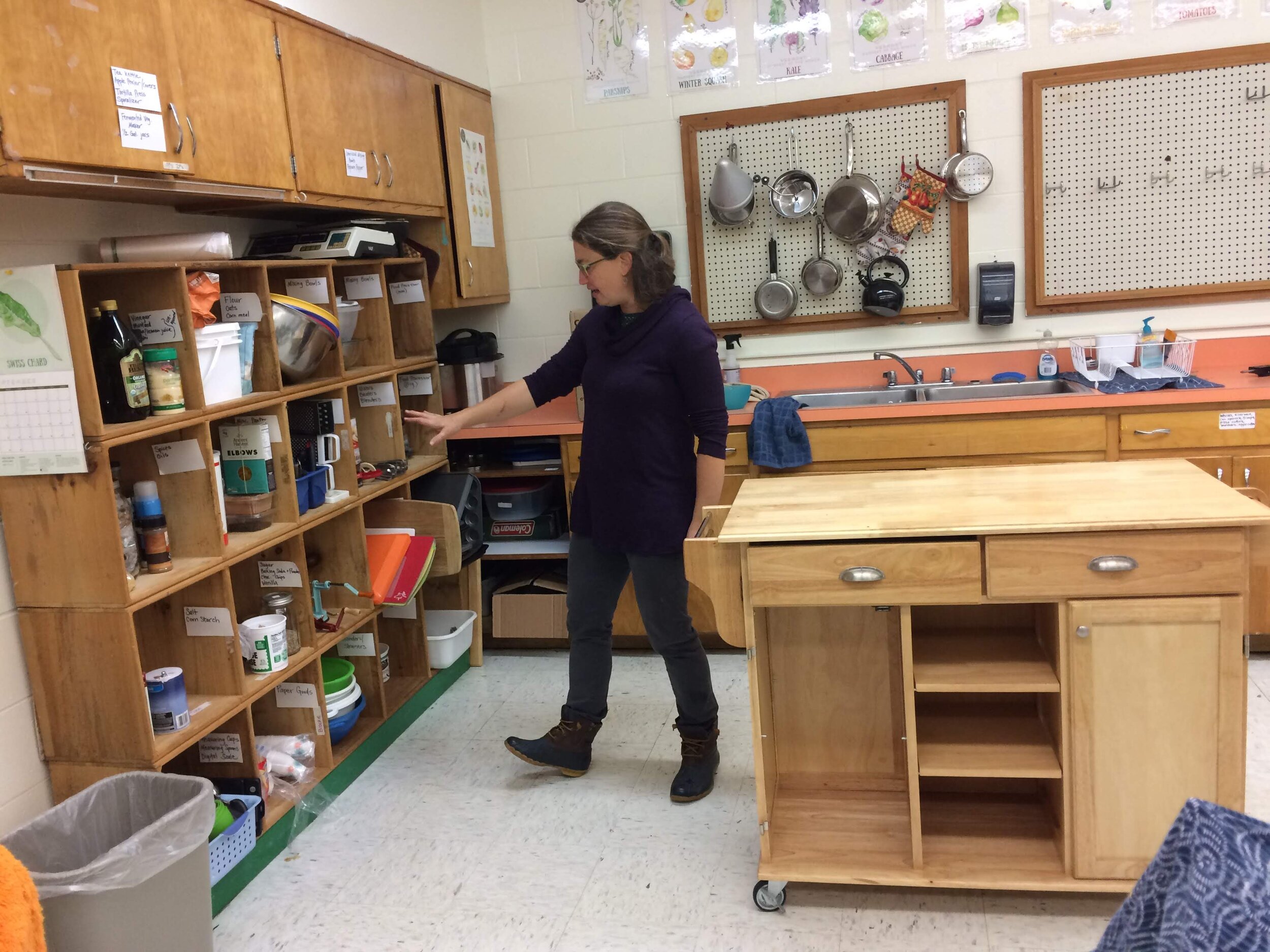As mentioned in this month’s Cafeterias Unknown, increased student engagement is always a goal of Farm to School programs. Additionally, programming in middle and high schools is sometimes harder to implement due to stricter testing schedules, busier days for students, and less flexibility for the type of hands-on, project-based learning that is integral to Farm to School. We’ve seen some progress as schools move away from high-stakes testing. Food Connects is excited to better support middle and high school clubs focused on nutrition, agriculture, or the environment. But, as a newcomer to Junior Iron Chef VT, visiting the 2020 Cook-Off was inspiring and eye-opening. Here, older students were learning life-long skills and engaged in their local food systems in a competitive environment that had everyone on the edge of their seats as the winners were announced.
But, you don’t need to have a multi-team program to be a Junior Iron Chef competitor. Teams from Halifax, Kindle Farm, Flood Brook, Brattleboro, and Leland and Gray will all be heading up to Burlington to compete on March 14. All that’s needed is a volunteer coach and a group of interested students. With the growing popularity of cooking carts in area elementary schools, I also expect that a new wave of students will be entering middle and high school with an increased passion for cooking.
After kicking off the event, Lonny brought the six judges into what looked like the band room. Most of the judges had either coached or judged before, but Lonny gave an orientation for myself and any other newcomers in the room. Judging is broken down using a rubric, with categories such as Nutrition, Replicability, Taste, Appearance, Culinary Skill, and Mise en Place (tidiness, workstation organization) all being scored. All of the judge scores for a dish are added up for their total score of the night. For the remainder of the one and a half hours of cooking time, myself and the other judges roamed the auditorium, chatting with teams and observing as they completed what was possibly their seventh time making their recipes.
As the clock projected onto the stage neared zero, the six of us returned to the judge’s room to begin evaluating the dishes as they came in. I had not expected this part to be so difficult—every dish impressed. Teams used from scratch tortillas for quesadillas and homemade mayonnaise (all within the hour and a half timeframe). Teams had an eye for presentation and the six judges’ plates often looked just as good as the main plate. But, as we worked through the entries, some dishes stood out from the rest.
Notably, the first place dish from Snap, Crackle, Pop—Quinoa cakes with roasted red pepper ricotta and homemade pesto on a bed of greens. It tasted as good as it sounds and I was absolutely blown away that a middle school team made seven of these within the allotted time. It was restaurant quality and the team’s dedicated hard work was evident.
While only a few of the teams that competed will go on to the state competition, all the dishes were an impressive feat. Each team learned valuable cooking skills along the way and, I expect, have a greater appreciation for the food they’re served at school and when they eat out. What kept coming to mind as I watched the teams work was that these skills—scratch cooking, reading and altering recipes, knife work—will be skills they use every day for the rest of their lives. Farm to School can be many different things; for these middle and high school students, this is what it means to them.





